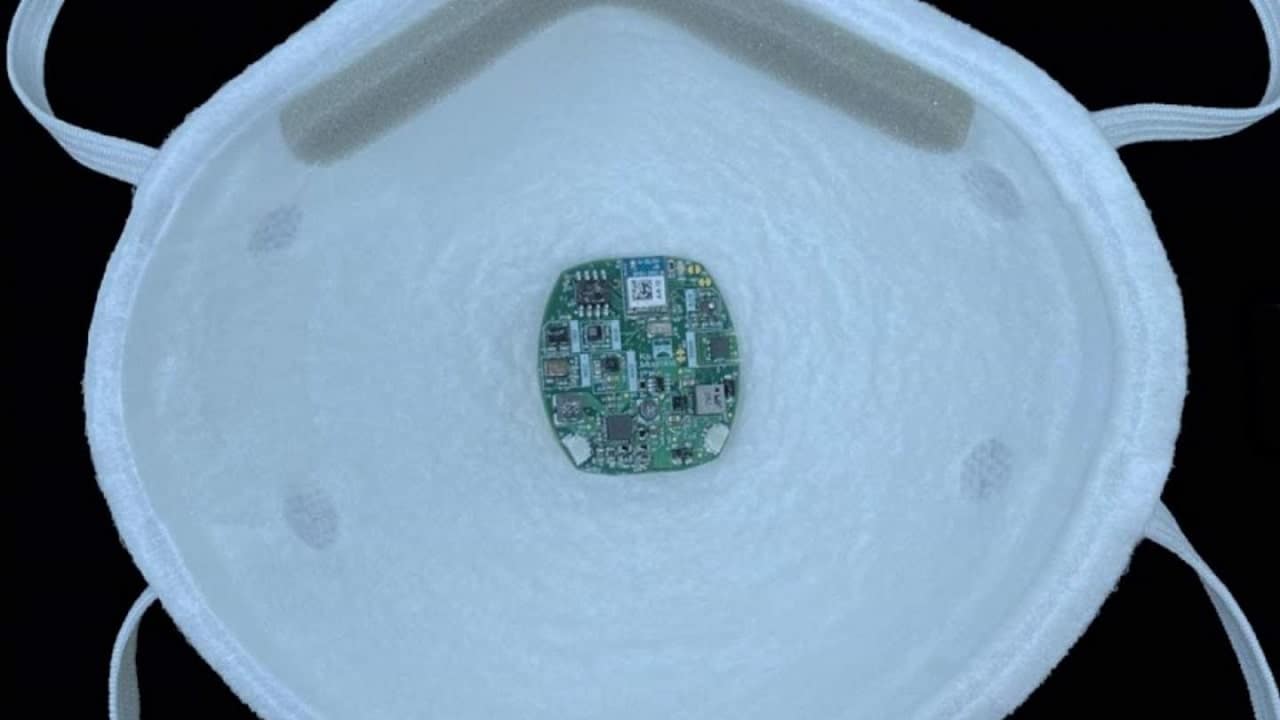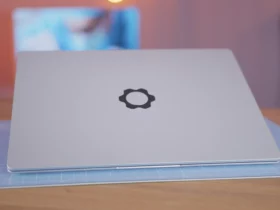An American university is developing a prototype of a bezel sensor, able to detect the heartbeat and much more: FaceBit. And the best part is it could feed alone, using heat, movement and our own breath to recharge the batteries.
Facebit is the smart sensor to be inserted inside the mask
The past year and a half has resulted in us covering our faces more often than we ever have. A dutiful effort. None of us are thrilled with having to wear face masks, but there are some professions that have been used to having their faces covered for a long time. Those who work in healthcare environments or those who use chemicals particular, has lived with masks for a long time.
Researchers from the Northwestern University they patented a sensor called FaceBit. Which can help them track the heart rate, breathing conditions, stress levels (combining the two previous data) and also evaluate if the mask is correctly applied on the face.
The sensor, developed by a research group which also includes Josiah Hester (who created a Batteryless Game Boy) magnetically attaches to the mask N95 (the American version of ours FFP2). There it can measure the tiny movements of our head as the blood passes, as well as the adhesion to the face. Something that could be very useful for those who work in environments where the mask will remain mandatory, pandemic or not.
The icing on the cake is that we won’t even need to recharge it. In fact the sensor should use the strength of ours breath, heat, movement and the sun to be able to recharge. It will last up to 11 days and Hester said it aims to make the bezel battery-independent.
FaceBit will have to go through rigorous clinical trials before it can be used in healthcare settings and workplaces. In all likelihood, we will never use such a sophisticated model of mask if we do not work in an environment where it is actually needed. But the fact that the team already has ppublished online the software and hardware needed to recreate the sensors, suggests it may become more common in the future. And maybe find other applications to make masks of all kinds smarter.















Leave a Reply
View Comments